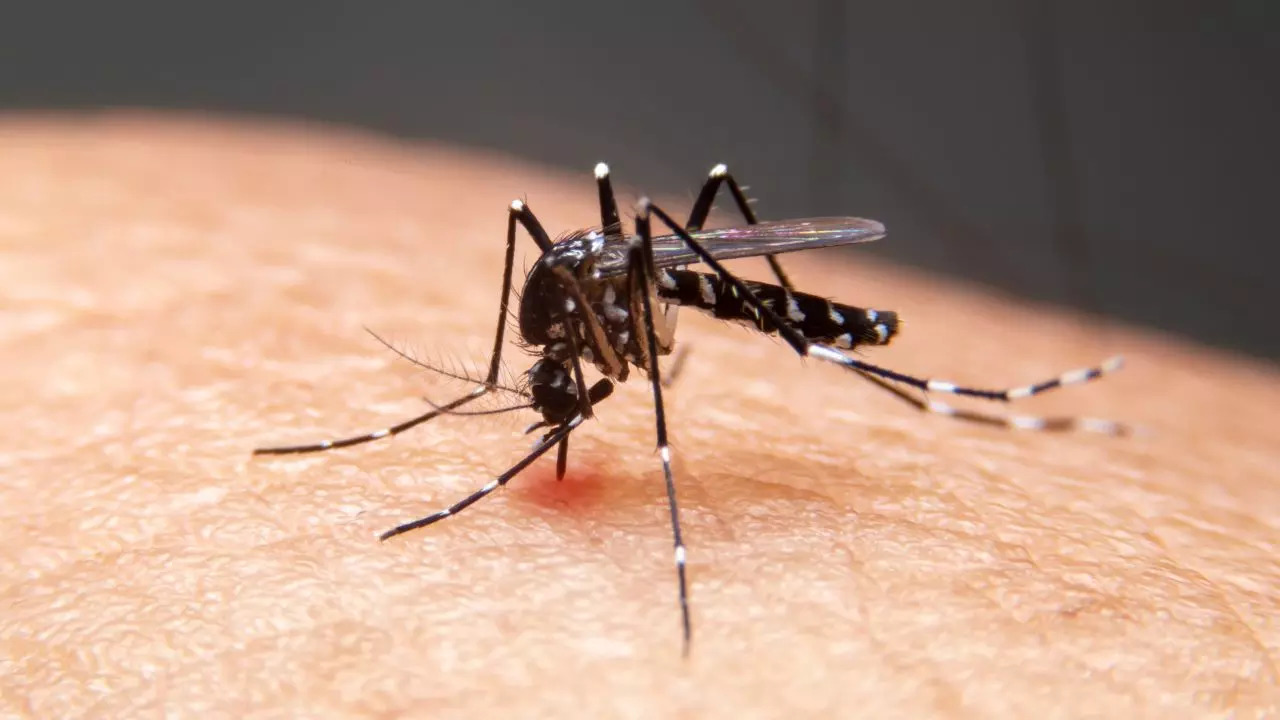Noida has recorded 106 cases of malaria so far this year which is an all-time high since 2022. Twenty-one cases were recorded over the last 10 days alone. On the other hand, Noida reported 128 dengue cases so far.
With the surge in cases, the health department has begun extensive screening and door-to-door surveys to identify hotspots reporting waterlogging. According to a report in TOI, Sruti Kirti Verma, district malaria officer, said, “Till date, over 150 notices have been issued to residential societies and households where mosquito larvae were detected.” Ghaziabad, on the other hand, has reported 21 malaria cases so far.
The city has also recorded 38 dengue cases, six of whom are currently admitted to hospitals. The TOI report said that health officials have urged residents to remain alert, take preventive measures and report any stagnant water sources that could facilitate mosquito breeding. Malaria is a life-threatening disease spread to humans by some types of mosquitoes.
It is usually preventable and curable until the condition becomes severe. Symptoms can be mild or life-threatening. Mild symptoms are fever, chills and headache.
Severe symptoms include fatigue, confusion, seizures and difficulty breathing. Malaria mostly spreads to people through the bites of some infected female Anopheles mosquitoes. Blood transfusion and contaminated needles may also transmit malaria.
The first symptoms may be mild, similar to many febrile illnesses and difficult to recognize .


















